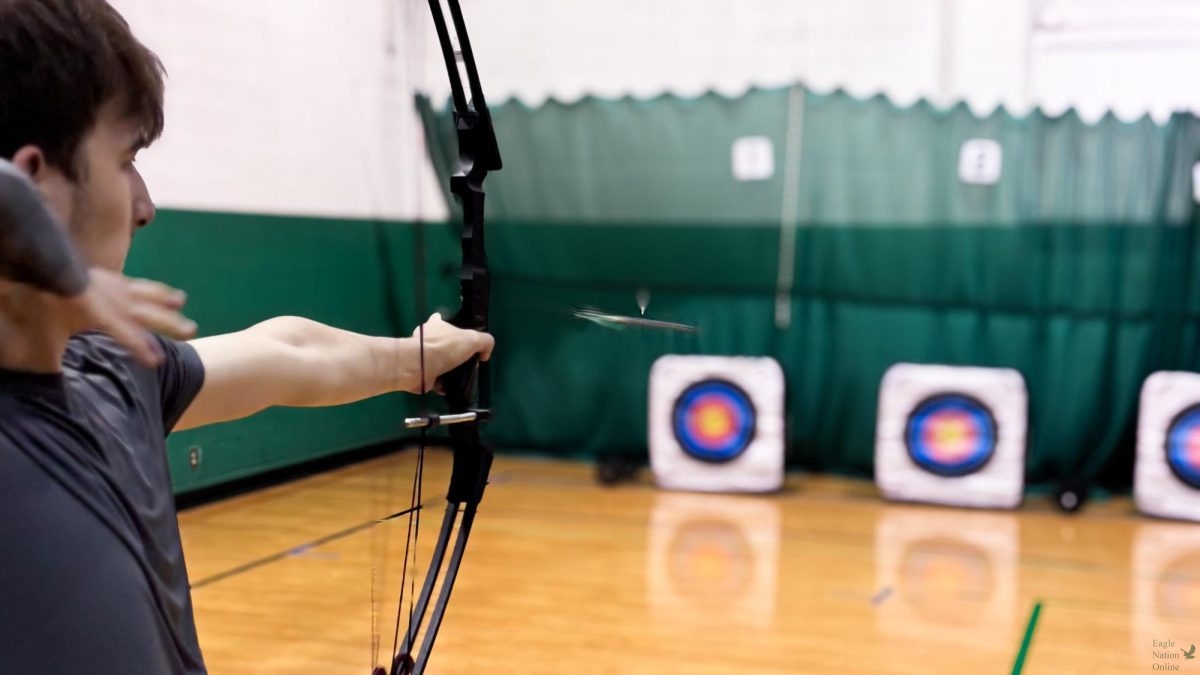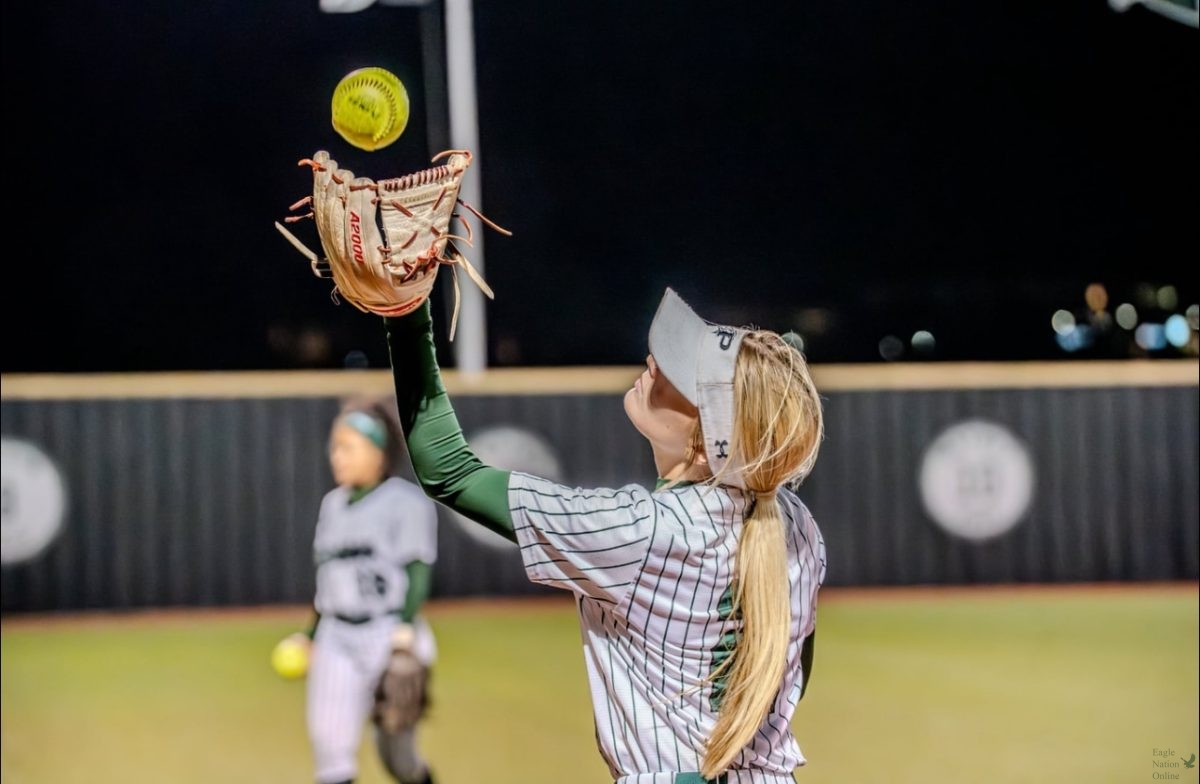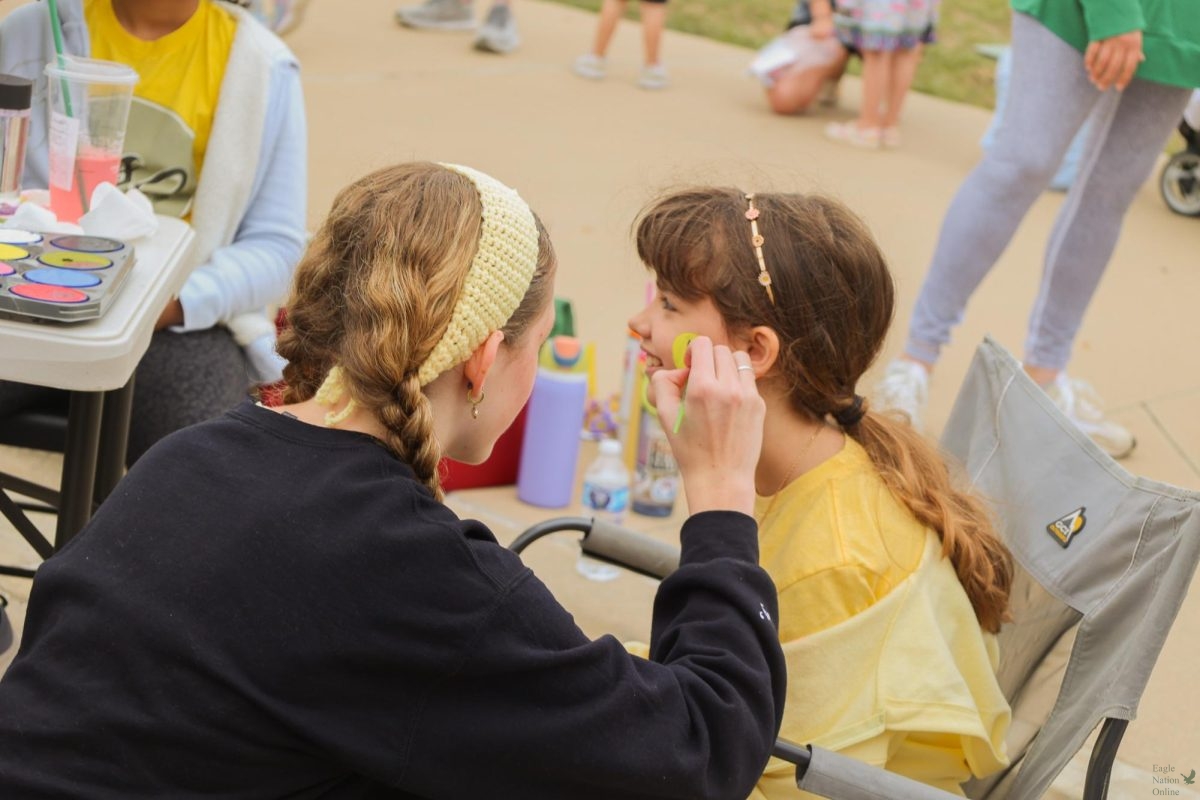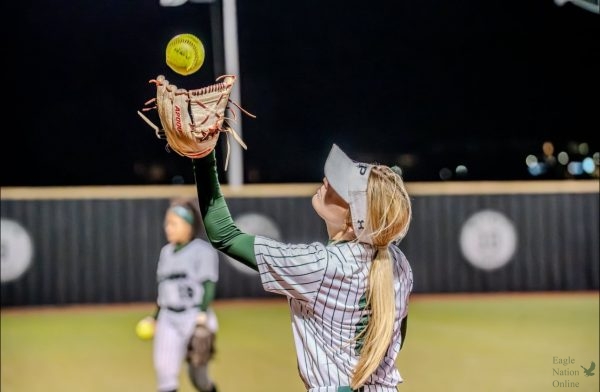Phone-ban policy draws mixed reactions from students, staff
October 20, 2022
Alongside the institution of advisory, new leadership and new counselors this school year, one change remains most opposed by students: no phones.
“Let the kids have their phones,” senior Zander James said. “Music, social media – it’s all essential.”
As a district-wide decision, the cell phone policy states that usage of a cell phone without authorization during the school day will result in confiscation until the end of the day, after which the student or parent may pick up the phone. Confiscated devices that are not retrieved by the student or the student’s parents will be disposed of after the notice required by law.
“It was a needed change,” guidance counselor Cameron Gibson said. “There was a lot of issues with students being on their phones in classes and not necessarily paying attention. Yeah, it’s cool to be able to listen to your music at times. But, there’s a time and a place for it.”
While the use of cell phones has never been encouraged during instruction, up until recently, teachers were often lenient with cell phone use at their own discretion, often allowing students to balance their cell phone use with their school work.
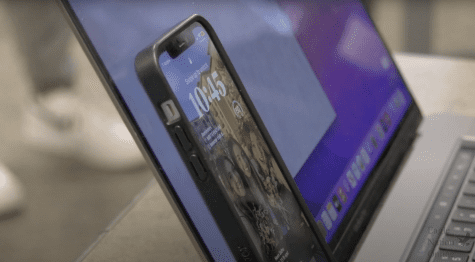
“I know some teachers that are a little more lenient than others,” Gibson said. “Just make sure that that’s clear across the board from all teachers. If it’s like ‘Hey, we’re doing independent work, feel free to use it’ that way. All students know. So, it’s not an issue of ‘Oh, it was on my desk. I wasn’t looking at it,’ and the teacher is taking it up.”
Recent changes in the district have prohibited cell phone use in the classroom, along with the use of wireless AirPods and earbuds. In a generation practically raised by technology, such a change has been hard for students — some of whom are still adjusting almost three months into the school year.
“Students should have their own responsibility,” senior Meredith Wright said. “And, if they choose to be on their phone and get bad grades, that’s on them — not on the teachers.”
As with any policy, some feel that revisions and restrictions could help improve this rule.
“Maybe it would be nice if, at the end of the class, students could earn some time on their phone,” Future Ready designer Ginger McClendon said. “So, kind of a (way to) meet in the middle.”
While many students are opposed to this new policy, teachers and administration find that limiting the use of phones has allowed for benefits in the learning environment.
“I feel like students are a little bit less distracted,” Gibson said. “Once they finally get used to the fact that they’re not supposed to be on their phones all the time, you don’t have to have that back and forth between teachers and students saying ‘oh, I was only using it for music’ versus something else.”


















